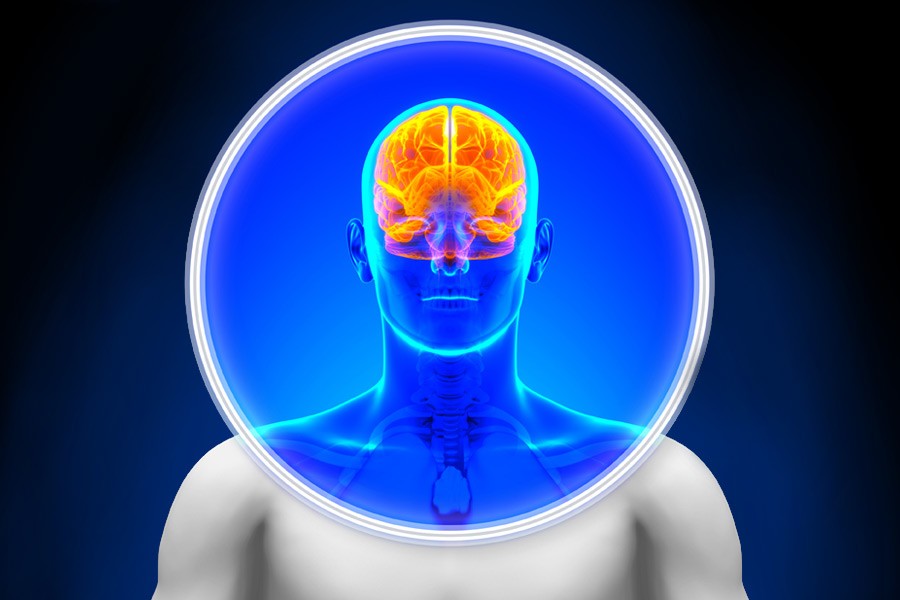Chronic rhinosinusitis, which causes a persistent blocked nose and headaches among other symptoms, affects 11 percent of people in the US – and new research has found a link between the condition and changes in brain activity.
The team behind the study is hoping that the link will help explain some of the other common effects of the persistent inflammation: finding it hard to focus, struggling with bouts of depression, having trouble sleeping, and dizziness.
Finding a connection between the underlying disease and the neural processing happening elsewhere could be vital in understanding the chronic condition, along with efforts to find better and more effective ways to treat it.
"This is the first study that links chronic sinus inflammation with a neurobiological change," says otolaryngologist Aria Jafari, from the University of Washington. "We know from previous studies that patients who have sinusitis often decide to seek medical care not because they have a runny nose and sinus pressure, but because the disease is affecting how they interact with the world."
"They can't be productive, thinking is difficult, sleep is lousy. It broadly impacts their quality of life. Now we have a prospective mechanism for what we observe clinically."
The researchers tapped into data from the Human Connectome Project to find 22 subjects living with chronic rhinosinusitis and 22 control subjects with no sinus inflammation. Data from fMRI scans were then used to compare blood flow and neuron activity in the brain.
In those with sinus inflammation, the researchers spotted lower functional connectivity in the frontoparietal network (used for attention and problem solving), higher functional connectivity in the default mode network (linked to self-reference and mind-wandering), and lower functional connectivity in the salience network (which manages external stimuli, communication and social behaviour).
The differences were more significant in people with more severe rhinosinusitis, the team noted. Taken together, these increased and decreased spots of activity in the brain could be behind the symptoms people report.
However, the 22 subjects with chronic rhinosinusitis didn't show any noticeable signs of cognitive decline in tests. As they were picked from a pool of 22-35 year olds, the researchers think that this sort of decline may happen later in life – something that a longitudinal study might be able to pick up on.
"The subjective feelings of attention decline, difficulties to focus or sleep disturbances that a person with sinus inflammation experiences might be associated with subtle changes in how brain regions controlling these functions communicate with one another," says otolaryngologist Kristina Simonyan, from Harvard University.
Current treatments for rhinosinusitis can last several years, with the severity of the inflammation often going in cycles, and thickening sinus tissues (like calloused skin). While surgery can help, it's no guarantee that symptoms of the disease won't reoccur.
Although this new research doesn't show that chronic sinus inflammation directly causes changes in brain activity, the association is strong enough to make it worthy of further investigation: future studies could look at how this brain activity changed after treatment for those diagnosed with chronic rhinosinusitis, for example.
For now, the researchers say that medical professionals should be more mindful of the mental health symptoms that go along with diseases like the sinus inflammation one studied here – and how they might be playing out in the rest of the body.
"Our care should not be limited to relieving the most overt physical symptoms, but the whole burden of patients' disease," says Jafari.
The research has been published in JAMA Otolaryngology-Head & Neck Surgery.


